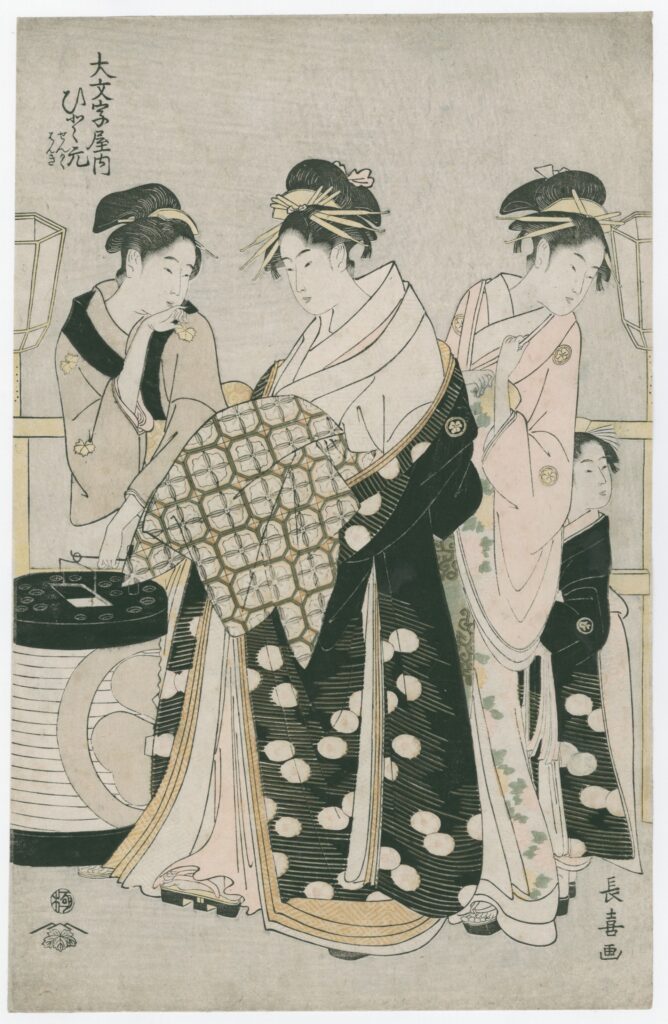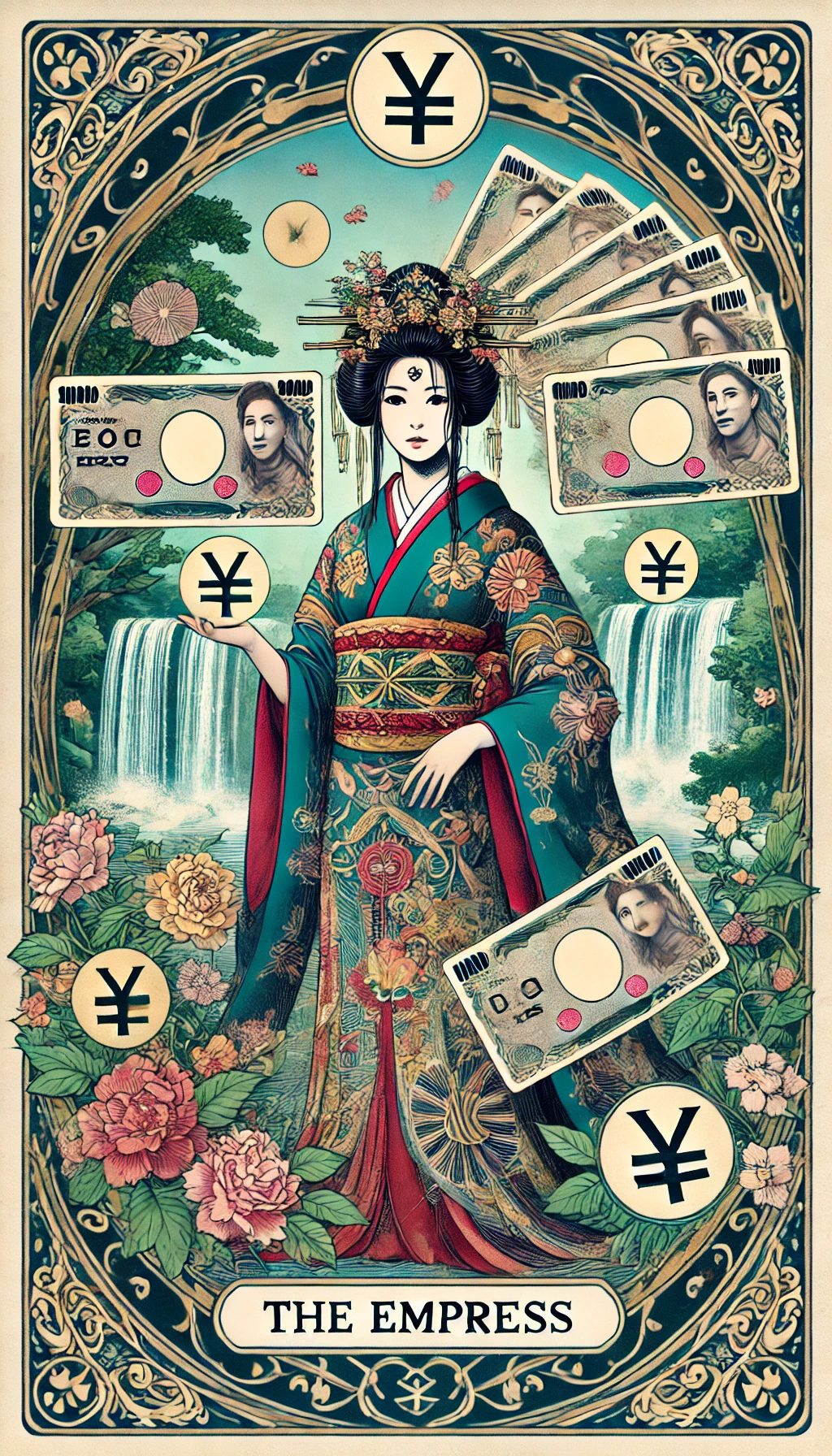by Kaori Shoji

What a grab bag. Or perhaps more fitting; a snake pit? The Tokyo gubernatorial elections are slated for this Sunday and we have just a day to sift through the whopping 56 candidates, by far the largest number in the history of the elections. The bad news is that the pickings are slim. So slim in fact, as to be anorexic.
A list of candidates, their faces and profiles arrived by post and on first glance, the urge to swipe left was overwhelming. Only I couldn’t because they were printed on physical paper. Trees died, people! Just so one of these faces could take the VIP elevator inside the Tokyo Metropolitan Government Building in Shinjuku every morning, and have their coffee while ensconced in the plush, high-backed chair reserved only for the reigning Tokyo governor. A wrenching thought.
After a more careful flipping through of the sheets, I was assailed by an acute sense of ‘meh.’ Take Airi Uchino, for example. At 31, Uchino is one of the youngest candidates on the ballot, and she has built her entire campaign on an insistence that she is ‘kawaii’ and kawaii is all a public figure ever needs. “I’m kawaii. That’s the best weapon for anyone to have in politics and business,” she says. Riiiiight, Uchino-san. Let me know how that works out for you.
There’s also the poker lady – Ayumi Ozeki – who swears that if she wins, we’ll all get to play poker day and night. The Tokyo business world will have no more worries because poker trumps everything (pun intended), she says.
Or how about Yasufumi Kuwajima, otherwise known as the ‘nuclear co-fusion guy.’ He wants to launch a nuclear-fueled industrial revolution by switching from oil and gas to high-powered nuke plants, preferably built in the heart of Tokyo.
Then there’s also a whole slew of candidates who urge us to stop paying NHK the mandated 2500 or so yen a month for the privilege of watching the channel. Through the years, Tokyo’s gubernatorial candidates have used NHK hating to hinge their political campaigns and it’s never worked. We’re still paying NHK whether we watch the channel or not.
And then there’s Dr. Nakamatsu, who has run for governor every election since time immemorial or the late 1980s. Now 96 years of age, Nakamatsu still goes by the title of ‘inventor’ and still insists that he has the best brains in the Tokyo Metropolitan area. Back in the day, Nakamatsu invented the so-called ‘ultimate congestion buster’ in the form of battery powered ski shoes that supposedly got you from the train station to your office in a few effortless hops. Now he’s promising to make poverty and inflation go away, cut back on carbon emissions and make Tokyo great, once and for all.
Otherwise, most of the other candidates are pitching the usual stuff like raising the birthrate, procuring eldercare and slashing the labor shortage. That goes for current Tokyo governor Yuriko Koike who’s running for a third term, and promising to slash the governor’s salary by 50% if she wins. Pundits say her chances are good chance despite recent accusations that she falsified her academic record. Koike allegedly graduated from Cairo University in Egypt, where she studied Arabic and became an interpreter before entering politics. But now her secretary leaked to the press that she had forged her diploma. All that may be forgiven however, if she makes good on her promises to make day care free for all first-born babies and throw more subsidy grants at fertility treatments and egg-freezing. Koike’s slogan? “Defending the Metropolis.”
This election, Koike has a formidable rival: Renho, an actress/model turned politician. Renho is 15 years Koike’s junior, making her a mere fledgling in the world of Japanese politics. Renho is also a mother, a fact that she’s deploying to full advantage. Her political stance is pretty much similar to Koike – pro-motherhood, pro-family and a promise to make Tokyo a “more livable and happier place to be for Tokyoites” and she has always stressed that she is in a better position to grasp the needs of women and families than the childless, husbandless Koike.
But as of Monday, Renho has fallen to third place in the polls, usurped by Shinji Ishimaru, the ex-municipal mayor in Hiroshima prefecture. It appears that Koike is securing the votes of Tokyo women in their 30s and older while male voters are siding with fellow male Ishimaru. Apparently, Koike’s supporters are deeming that if they’re going to vote for a woman governor they want someone with experience and a solid political resume. In comparison, Renho’s career is flimsy. Her lineage of having a Taiwanese father is not doing her any favors here, either. It’s the devil you know scenario, identical to the one that played out in the last election.
Personally, I’ve got eyes on Yusuke Kawai, aka ‘Joker’ who is calling for a revival of the Oh-Oku system in the Edo Period. The Oh-Oku, which I’ve taken the liberty of translating as ‘Big Deep,’ is a system in which one man – in this case the Shogun – had access to an annex of Edo Castle designated solely to his wife and concubines. It was customary for the shogun to keep 30 or more favored concubines at his disposal and visit each of them once a month or so until he tired of one or the other, they died for whatever reason, or they simply grew too old. All fallen or retired concubines were replaced immediately, without ado.

Yusuke Kawai is promising voters that he will resurrect the Big Deep for the benefit of Tokyo bachelors. “Vote for me,” said Kawai on YouTube before the video was taken down. “Vote for me and I promise that Tokyo men will have as many wives, households and children as they like.”
The main problem I have with Kawai is that he ain’t promising the same ‘paradise’ to women voters. Except the very idea of having to deal with more than one husband, even on a monthly basis, sounds totally and completely exhausting.
